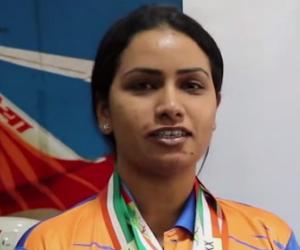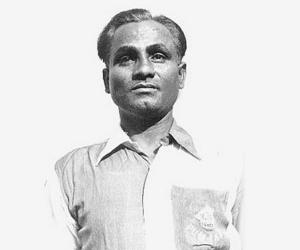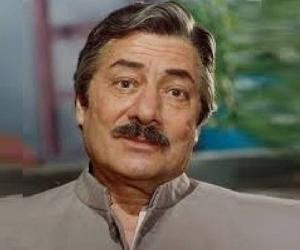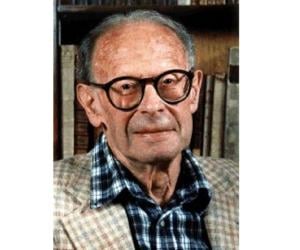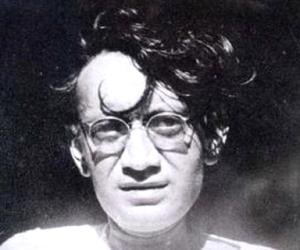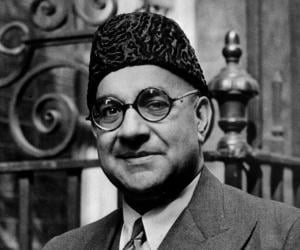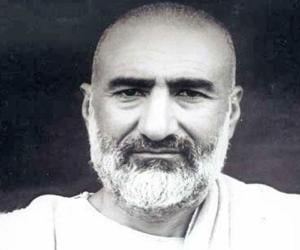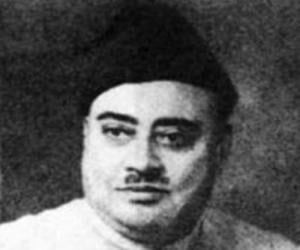Known as The Magician of field hockey, Dhyan Chand, one of the greatest hockey players from India, is remembered for his three Olympic gold medals and for his ability to control the ball. The Padma Bhushan awardee initially loved wrestling but deviated to hockey after joining the army.
Saeed Jaffrey is remembered for his roles in series such as Tandoori Nights and Merchant Ivory Productions movies such as The Guru. He won a Filmfare for his performance in Shatranj Ke Khilari, narrated the audiobook Kama Sutra, and voiced all characters in a BBC broadcast of A Suitable Boy.
French mathematician Andre Weil, who was also the brother of philosopher Simone Weil, is best known for his contribution to algebraic geometry. He also co-founded the Bourbaki group, consisting of mathematicians who collectively wrote using the pseudonym Nicolas Bourbaki. Weil took a keen interest in Hinduism and also learned Sanskrit.
Saadat Hasan Manto was a Pakistani playwright, writer, and author. Best remembered for his 22 collections of short stories, Manto was renowned for writing about the bitter truths of society. Not surprisingly, he was tried for obscenity on six occasions but was never convicted. Considered one of the 20th century's finest Urdu-language writers, Manto is the subject of two movies.
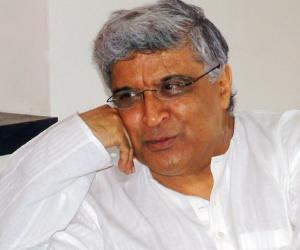
Born into a family of Urdu poets from Gwalior, renowned Indian lyricist and poet Javed Akhtar had initially been a screenwriter, along with Salim Khan, for films such as Sholay and Deewaar. The Padma Shri and Padma Bhushan winner has also been a Rajya Sabha MP.
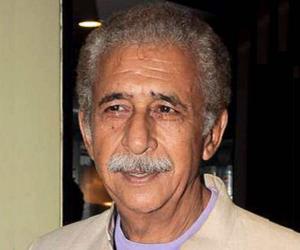
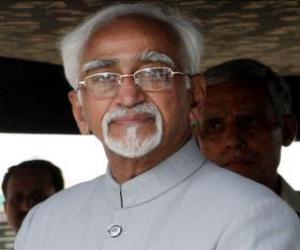
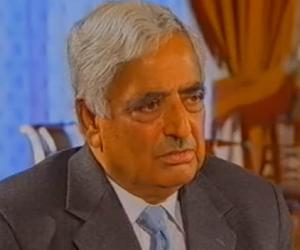
Abdul Ghaffar Khan was a Pashtun independence activist who opposed the British rule in India. A spiritual and political leader, Khan called for Hindu-Muslim unity in India and opposed the partition of India. Khan is still revered by many in India and Pakistan for his pacifist ideology. Many places in India are named in his honor.
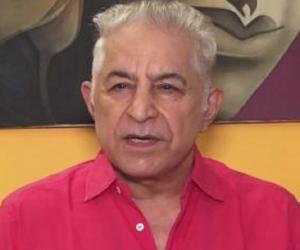
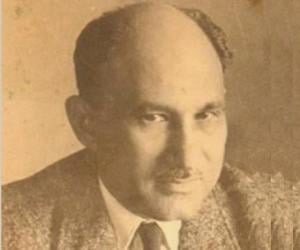
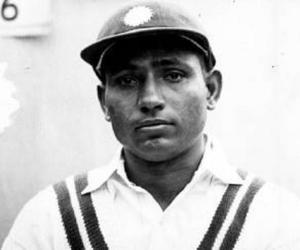
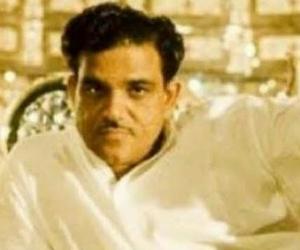
The second governor-general and the second prime minister of Pakistan, Khawaja Nazimuddin had a short tenure due to his ineffective handling of the tense situation in his country. Born in Dacca, he had an elite education at Cambridge and was a qualified lawyer. He was also knighted by the British.
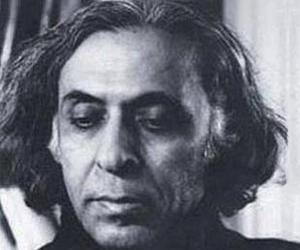
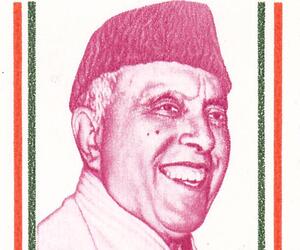
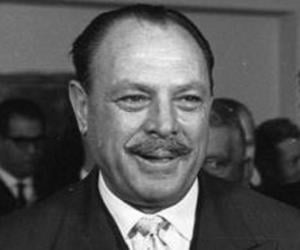
Ayub Khan was a Pakistani politician who served as the President of Pakistan from 1958 to 1969. He also served as the Commander-in-Chief of the Pakistan Army from 1951 to 1958.
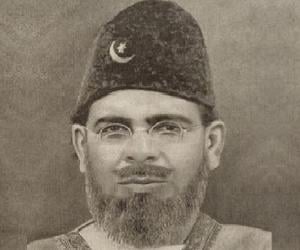
Mohammad Ali Jauhar was an Indian Muslim activist, journalist, poet, and freedom fighter. After starting his career by writing articles for major Indian and British newspapers, Mohammad Ali went on to become one of the founders and an important member of the All-India Muslim League. His life and career inspired a 1984 documentary film titled Maulana Mohammad Ali Jauhar.

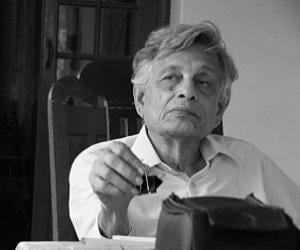
Born to a Marxist historian father, Mohammad Habib, Irfan Habib followed in his footsteps and grew up to be a Padma Bhushan-winning historian and author. The Oxford-educated Habib is known for his long-time association with AMU and has also spoken on topics such as fascism and the Aryan question.
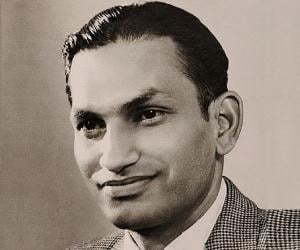
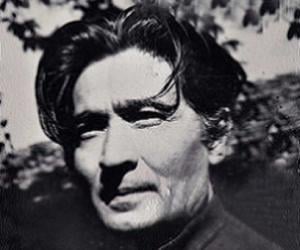
Jan Nisar Akhtar was an Indian poet and lyricist best remembered for working with prominent composers like O.P. Nayyar and C. Ramchandra. Also renowned for his Urdu ghazals, Jan Nisar won the prestigious Sahitya Akademi Award in 1976 for his work Khak-e-Dil.
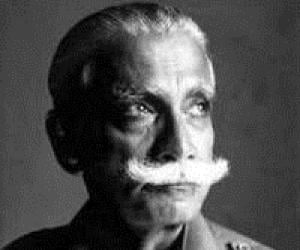

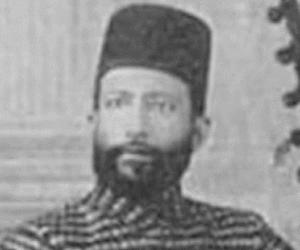
Hakim Ajmal Khan was an Indian physician best remembered for co-founding the popular Jamia Millia Islamia University, which is currently located in New Delhi. He is also credited with establishing another institution named Tibbia College in Delhi. Hakim Ajmal Khan also took part in important pre-independent movements, such as the Khilafat movement.
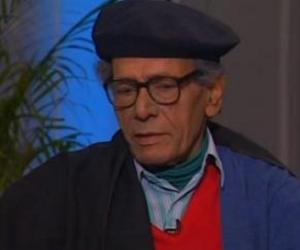
Habib Tanvir was an Indian playwright, poet, theatre director, and actor. A pioneer in Hindi and Urdu theatre, Tanvir is best remembered for his iconic plays like Charandas Chor and Agra Bazar. During his illustrious career, which spanned more than six decades, Habib Tanvir received several prestigious awards like Padma Bhushan, Kalidas Samman, Jawarharlal Nehru Fellowship, and Sangeet Natak Akademi Fellowship.
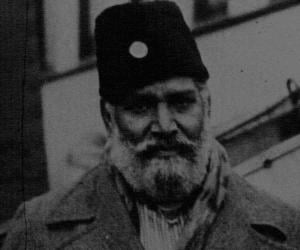
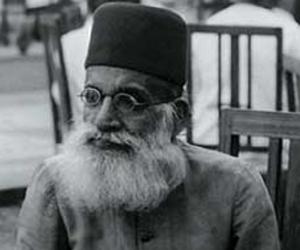

Pakistani author Ahmed Ali is remembered as one of the pioneers of the Urdu short story format. A co-founder of the All-India Progressive Writers Movement, he soared to international fame with his novels Twilight in Delhi and Of Rats and Diplomats. His short-story anthology Angarey was initially banned.
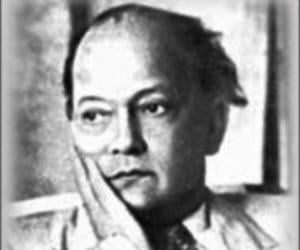
Syed Mujtaba Ali was a Bangladeshi writer, travel enthusiast, journalist, academic, linguist, and scholar. Born into a Bengali Muslim family in British India, Ali was an ardent supporter of the Bengali language. He was one of the first activists to call for Bengali as the state language of East Pakistan. He was honored with the Narsinghadas Prize and Ekushey Padak.
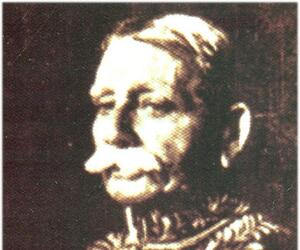
Jurist and political leader Sayyid Amir Ali supported British rule in India rather than what he thought would be a Hindu-dominated rule in independent India. A Calcutta High Court judge, he was behind the formation of India’s first mosque and also established the National Mohammedan Association. He also penned English interpretations of Islam.
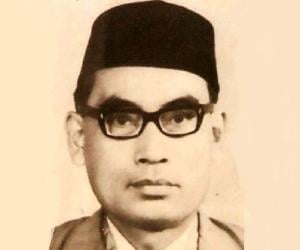
Burhanuddin al-Helmy was a Malaysian politician who served as the president of the Malaysian Islamic Party from 1956 until his death in October 1969. He is also remembered for serving as the first Leader of the Opposition from 1959 to 1964.
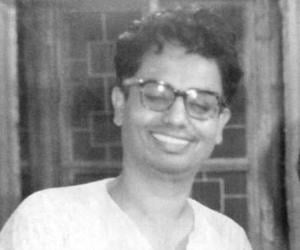
Munier Choudhury was a Bangladeshi playwright, educationist, political dissident, and literary critic. He spent most of his time fighting against Pakistan's aspiration of eradicating the Bengali language in East Pakistan. He even renounced the Sitara-e-Imtiaz given by the Pakistani government and took part in the non-co-operation movement. In 1980, Munier Choudhury was posthumously honored with the prestigious Independence Day Award.
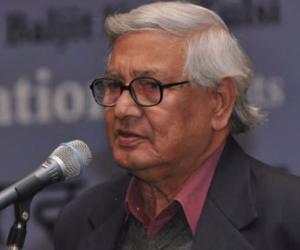
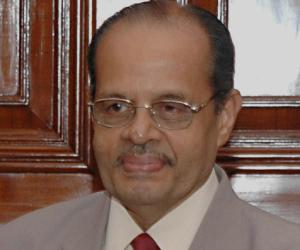
Known as the father of modern legal education, N. R. Madhava Menon established the National Law Universities and was the first director of the NLSIU. The Padma Shri- and Padma Bhushan-winning lawyer formed the 5-year Indian LLB program and had also penned numerous books on law.
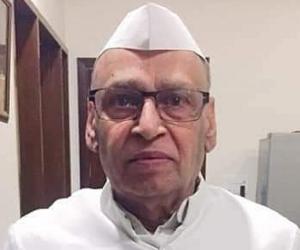
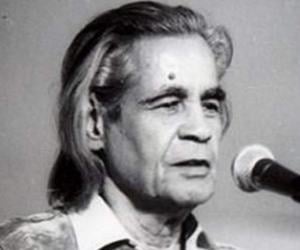
Padma Shri- and Jnanpith Award-winning Urdu poet Ali Sardar Jafri completed his education from Zakir Husain College after being expelled from Aligarh Muslim University for his Communist activities. Known for works such as Manzil and Patthar Ki Deewar, he had also penned lyrics for films such as Pardesi.
